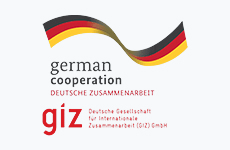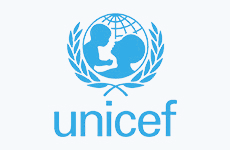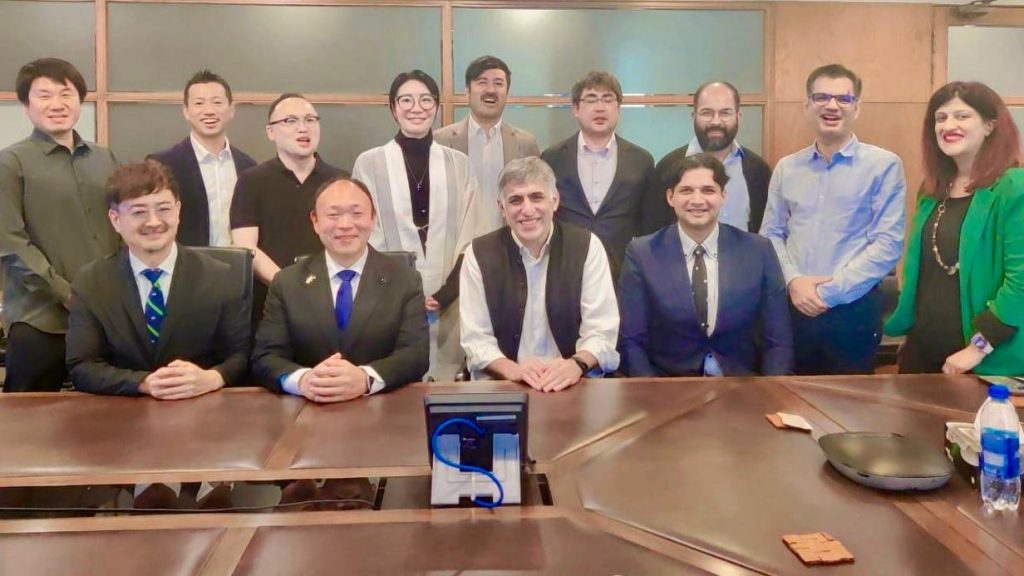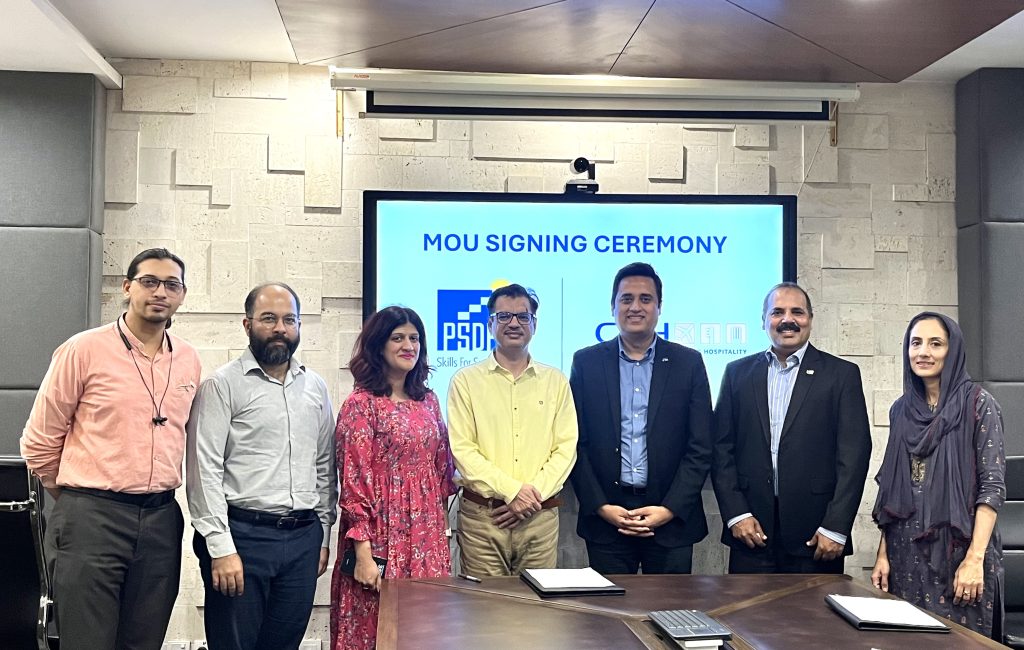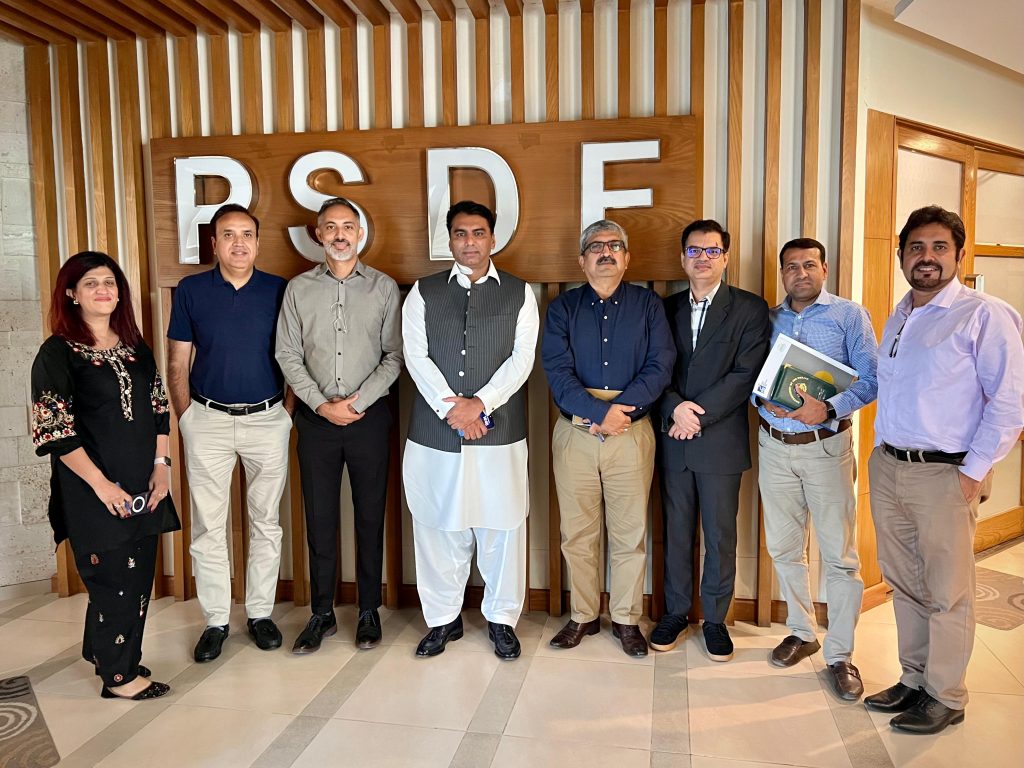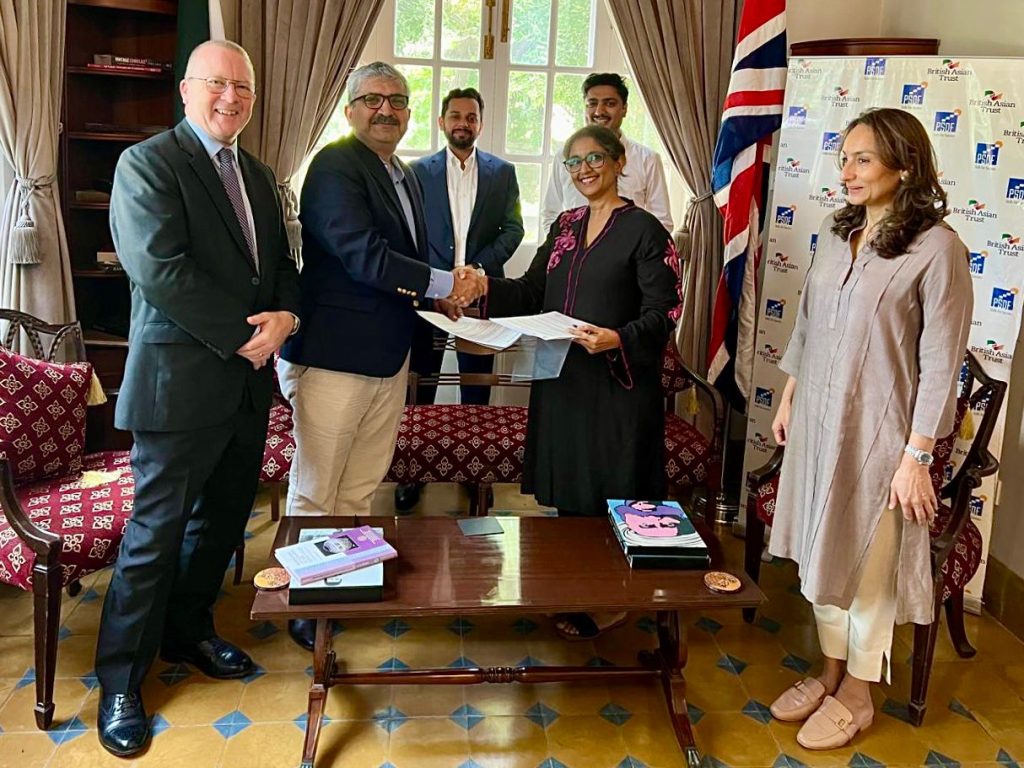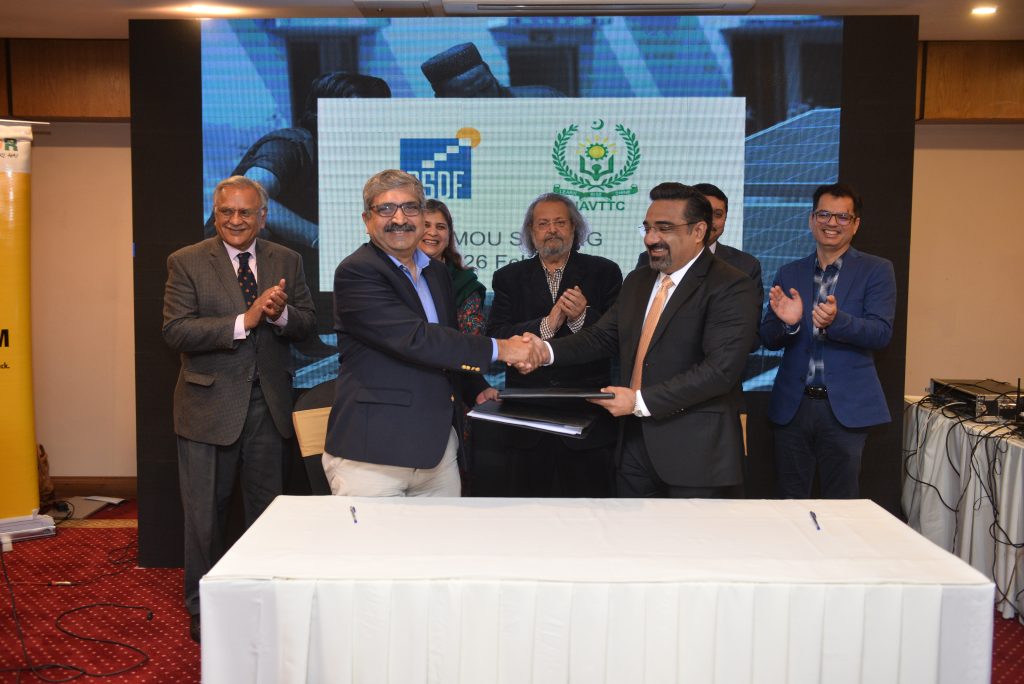Over 1,000 Transgender Graduates Enter Workforce Through Punjab’s First-Ever Skills Program under CM’s Skilled Punjab Initiative
Lahore: From salons in Lahore to IT startups in Multan, 1,054 transgender individuals have transformed their lives through PSDF | Pehchan program – Skilling Program for Transgenders Under CM’s Skilled Punjab Initiative, many entering the workforce for the first time in history. 980+ transgenders individuals have already secured jobs with reputable employers, while others are launching their own small businesses, marking a breakthrough for industry linkages and inclusion.
This initiative directly supports the Government of Punjab’s vision under Chief Minister Maryam Nawaz to create a Skilled Punjab where every citizen regardless of gender or identity has access to dignified livelihoods. By prioritizing vulnerable and marginalized communities, PSDF | Pehchan reflects the government’s broader mission of inclusive growth, social justice, and economic empowerment.
PSDF | Pehchan launched in November 2024 under the Chief Minister’s Skilled Punjab Initiative, is reversing this narrative by providing transgender persons with pathways to dignity, opportunity, and recognition.
Delivered by the Punjab Skills Development Fund (PSDF) in collaboration with 18+ training service providers like Depilex, Khawaja Sira Society & STEP; PSDF | Pehchan equips participants with high-demand skills in:
- Beauty & Grooming
- Culinary Arts
- Performing Arts
- Information Technology
- Handicrafts
- Digital Freelancing
Alongside technical training, the program ensures holistic support: monthly stipends, travel allowances, professional toolkits, and assistance with NADRA and PSER registration giving participants the tools and recognition to enter the workforce with dignity long denied to them.
Since its launch, PSDF | Pehchan has reached trainees in Lahore, Faisalabad, Multan, Bahawalpur, and Gujranwala. Graduates are stepping into formal jobs, freelancing careers, and entrepreneurial ventures, setting an example of what inclusive skills development can achieve.
“For too long, transgender persons have been denied opportunities others take for granted. With Pehchan, we are not just training them — we are opening doors to dignity, careers, and inclusion in Punjab’s economy,” said Ahmed Khan, CEO PSDF.
As the first dedicated skills program for the transgender community in Punjab, Pehchan represents more than training it is a replicable model for inclusive economic growth, aligned with SDG 8 (Decent Work) and SDG 10 (Reduced Inequalities). It reaffirms PSDF’s mission to build an economy where no one is left behind.










